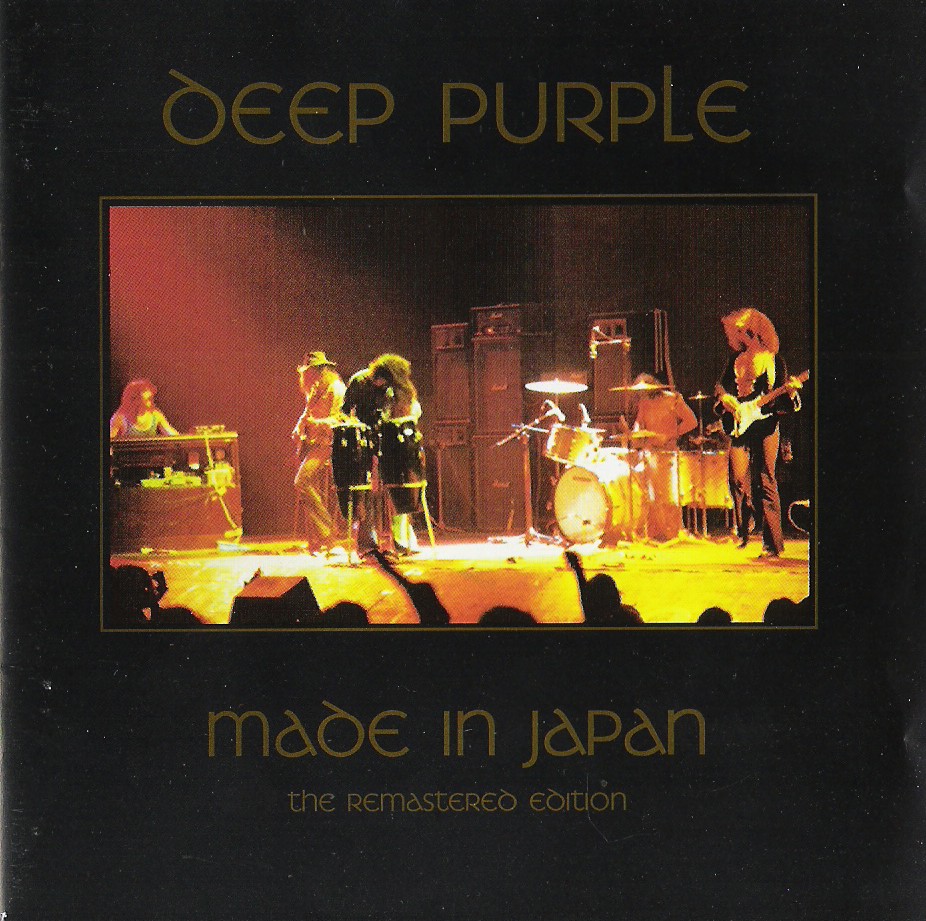It is the 70s. Weeks last three days, amplifiers are stacked, hair is long and unkempt, pants are loon and sleeves are gatefold. In the pop charts, glam-rock and hollow pop held sway, while the album charts were dominated by progressive and hard rock bands, whose live reputations were at least as important as their critical reception.
As a result the live album was very much in vogue, especially with the hard rockers. Reputations were sealed or destroyed by the double live album, as there was less in the way of studio trickery to mask a bands shortcomings, or it could promote the bands live dynamic in a way that you just couldn’t capture in the studio.
Amongst the most dynamic live acts of the early 70s were Deep Purple, who along with Black Sabbath and Led Zeppelin popularised heavy metal and dragged it into the mainstream. Each three of these acts were formidable in the live arena and had the reputations to match, but Deep Purple in particular were known for their dynamic interplay between their instruments. In Ritchie Blackmore they had a moody and talismanic riff-stealing magpie, Ian Gillan was the blues singer who could screech too, Ian Paice was the bespectacled rock drummer that could swing and Roger Glover was a neat and economical bass player who didn’t get in the way. Their secret weapon though was organ player John Lord, whose hammond playing was what put them apart from their closest contemporaries and made sure than Blackmore’s stolen riffs didn’t dominate the whole band.
Made in Japan found the band at a peak as a live act and, despite many efforts since, is their best live album by a very long way indeed. That said, it still suffers from the usual pitfalls of masturbatory solos and anyone that claims that they can listen to the whole of “Space Truckin'” without zoning out is pulling your leg. On the upside Made in Japan pretty much launches an entire musical sub-genre on it’s own. For the first two tracks it’s expertly played driving hard rock, then as Blackmore opens up “Smoke on the Water”, Stadium Rock is born. Where the original studio riff sounded flat, the reverb from the concert hall makes it sound expansive and significantly more powerful and across the pond the sort of slow thinking types that would later form the likes of Mötley Crüe and Poison were listening.
Made in Japan certainly isn’t perfect, as there’s just a little too much soloing for it not to get a little boring in places. What it is however, is the definitive release by a very good band, making it Deep Purple’s equivalent of At Budokan, Live and Dangerous and Stop Making Sense, and that’s not bad thing.














No Comment